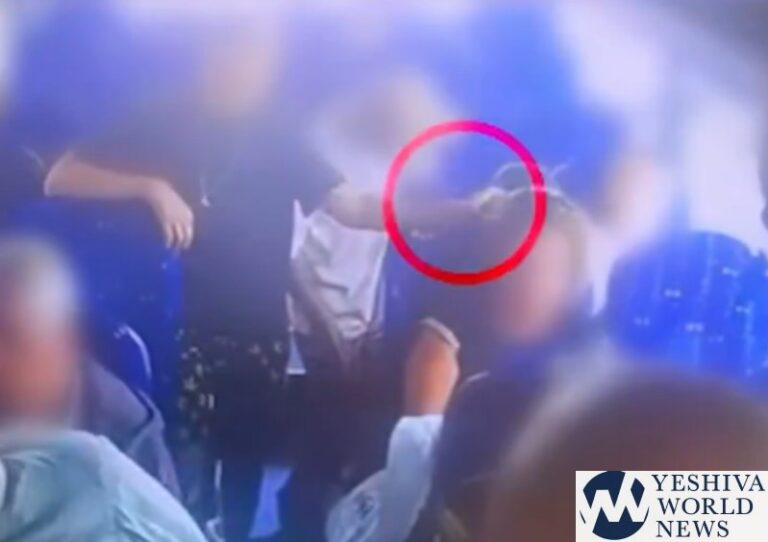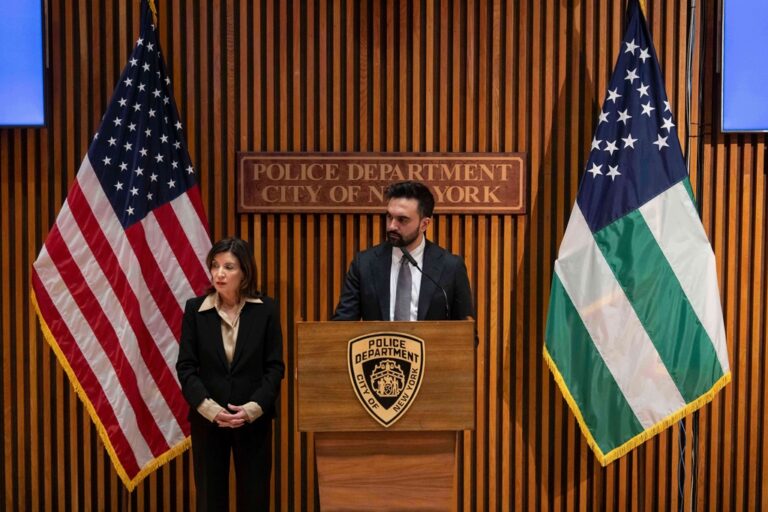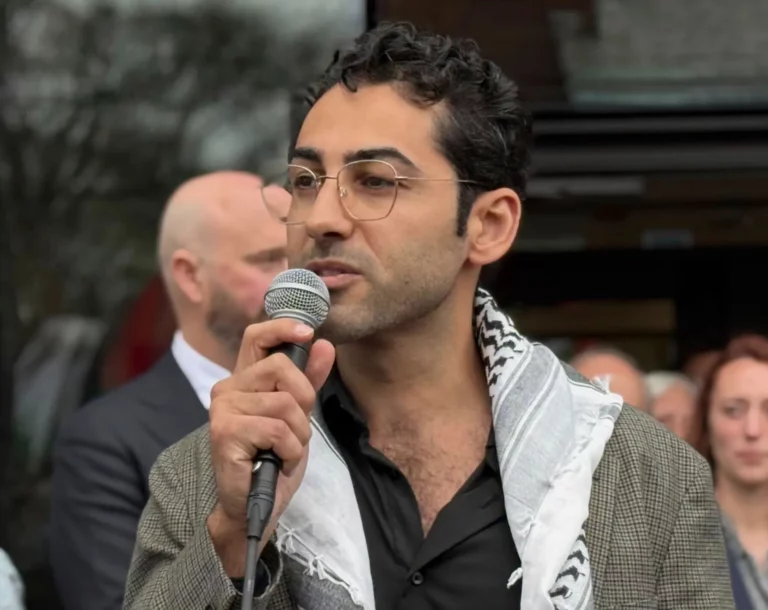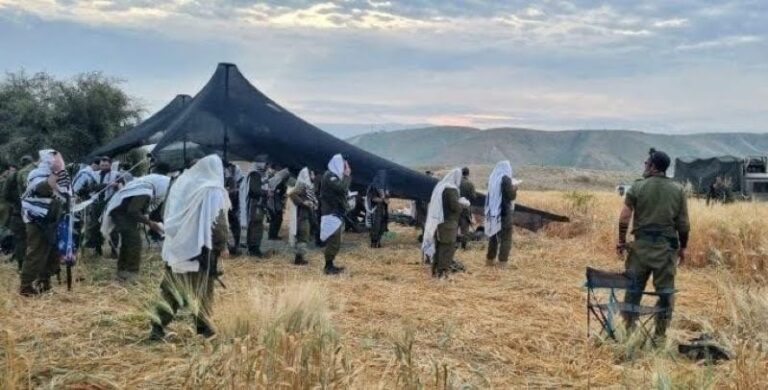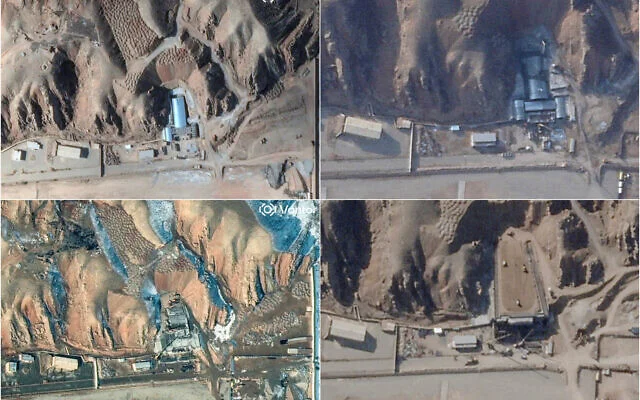By Adam Suionov
When Rosh Chodesh (first day of the month) ends we take in the new month with happiness and well wishes, but the month of Av is different. Rosh Chodesh Av has historically marked a period of mourning over our long and bitter exile. And yet even in periods of otherwise utter darkness G-d illuminates our path with the vision of our brilliant sages.
On Monday, July 24th, Chazaq was proud to re-welcome Rav David Yosef Shlita to the Queens community, hosting him in Congregation Bet El in Jamaica Estates to a packed audience. Rav Yosef was joined by several renowned Rabbonim including Rav Yosef Chevroni, Rosh Yeshiva of the prominent Yeshivas Chevron in Jerusdalem; Rav Yitzchak Yisraeli, Chief Rabbi of the Bukharian Rabbanut in the USA and Canada; Rav Ahron Walkin, Rosh Yeshiva of Chazaq’s Beis Medrash, and many others.
The event began up with opening remarks by Chazaq Director Rabbi Ilan Meirov and divrei bracha from Rav Yitzchak Yisraeli. They were followed by Rav Yosef Chevroni who consoled a crowd on the doorstep of mourning with the timeless words of the Talmud: “Whoever mourns for Jerusalem merits sharing in her joy” (Ta’anit 30b). The Rav mentioned Rav Chaim Volozhin’s idea that the Talmud uses the present tense to describe the reward, and does not relegate the reward to a distant time. One shares in the joy presently as well as in a future rebuilding specifically because he mourns its loss. If one can feel connected to what he is missing after so many years, he demonstrates a connection outside temporal restrictions and thus already feels reconnected to the inexorable.
But how can we feel this way for a loss seemingly weathered with the passage of time? The Rav related the following parable of the Maggid Miduvno: A couple barren for many years finally received wonderful news that they could expect a child. On the day of birth the doctor reluctantly informed the parents that a successful birth would drain the mother’s life, she needed to make a most painful choice. Before making the ultimate sacrifice however, the mother asked her husband to ensure that their child visits her grave and recognize who exchanged her life for his. The father agreed and the doctor’s procedure went as planned; the mother gave her life for her baby boy. As the years progressed and the time for Bar Mitsvah arrived, the father took the boy to his mother’s resting place in accordance with her last wish. However after a day, the boy now thirteen had forgotten to recite the mourner’s kaddish. He failed to internalize his loss because he simply had not experienced her presence. But as the Rosh Hayeshiva expounded, the boy ignored the most important experience of his mother’s love: she gave him his very life! This is the legacy of our two lost sanctuaries. Our sages relate that the Temple ‘petitioned’ for its own destruction so that the people Israel may live. The decree for the destruction of a people was thus satisfied with the dispersal of a nation. The Rav concluded with an appeal that we all realize the true magnitude of our loss. If we feel for our loss, we may reconnect and even witness our temple in its full glory.
The final speaker of the event was Harav David Yosef. His topic was Emunah and Bitachon (faith and trust in G-d). He began by drawing attention to the war between the nation of Midian and Israel. Twelve thousand fighters accompanied by twelve thousand men who pray for their success and guide their faith. To explain this set up and the importance of faith, he shared a personal anecdote: In 1967, Rav David’s family lived in a town bordering Jordan. As the great war broke out, his father, Maran Harav Ovadiah Yosef zt”l, rushed the family into the bunker to the sounds of rockets and gunfire from a battle close by. The house shook, the children cried, the adults prayed… hours became days and the noise began to recede. He relates how after thirty-six long hours the radio blared out news of an end to the war and an unbelievable victory: the enemies were repelled, the losses reversed, and Jerusalem had been reunited! The then minister of defense Yitzhak Rabin announced on national radio that G-d’s hand had been clearly involved to bring such a victory. However one month after the event, his tune changed. He exclaimed that the war was won solely by the strength of the IDF. The Rav contrasted this display of short-term memory with the method taken by Judaism’s glorious King David, who after every battle thanked and attributed victory to Him. The Rav stressed that we need to likewise attribute all our successes to G-d. Every soldier needs a partner to pray for him because every bullet is guided towards its target and every offense directed towards success by G-d. The Rav explained that the result of such union was that not a single one of the 12,000 soldiers suffered harm in their battle with Midian.
The tragic event of the battle for Beitar some fifty-two years after the Temple’s destruction teaches the same lesson. King Bar Kochba of Beitar was a brilliant fighter and strategist who undermined his great potential with arrogance. He requested G-d “help neither the enemy nor His people”, implying his own skill was sufficient against the battle of the Romans. What ensued was a horrendous holocaust which swallowed the lives of some four million Jews. Our sages teach that to Bar Kochba applies the verse “…the strength of my own hand has achieved all this” (Deuteronomy 8:17). Rav David Yosef’s concluding message was that, in a sense, G-d offers us a trade: We give Him our Emunah and good deeds, and He gives us success. This is the manner in which we advance our destiny and reach close to G-d. Material effort must combine with spiritual endeavors to become a ‘vessel’ to contain G-d’s blessings.
Chazaq’s event set a balanced approach for the coming period of sadness. We are sad for what we lost, sad for what has transpired since. However we recognize that the path away from exile grows with our prayer, faith, and brotherhood. Though we cry we remember that He will wipe away our tears. Though the night commemorating exile is a dark night of mourning, it will finally herald the rise of a brilliant, glorious morning.





